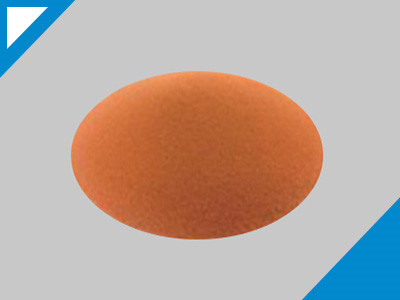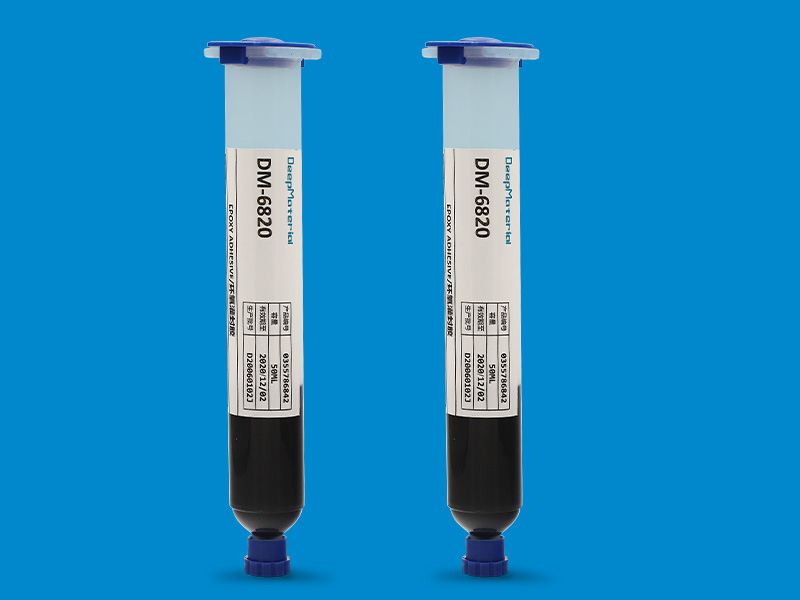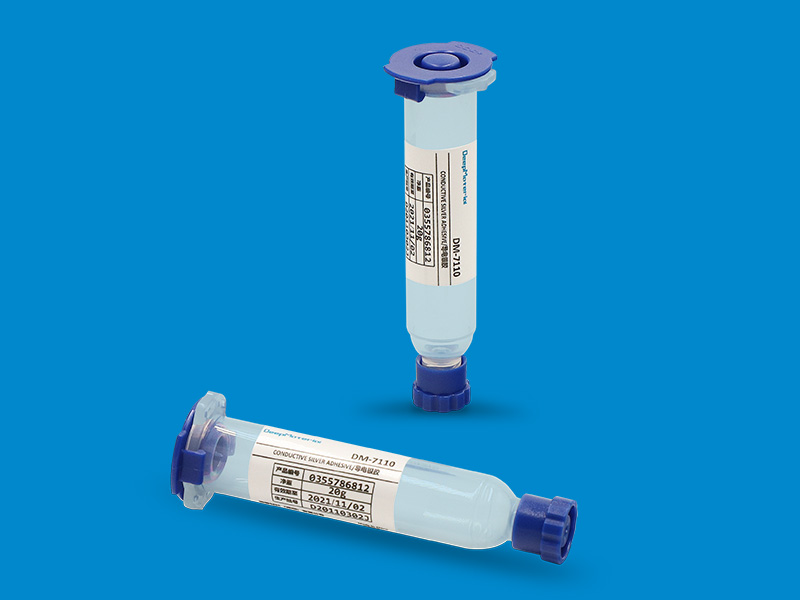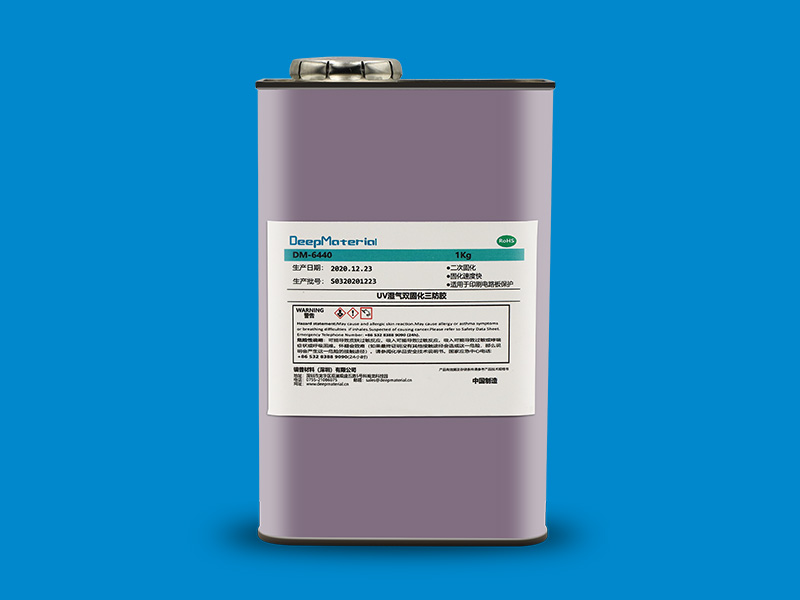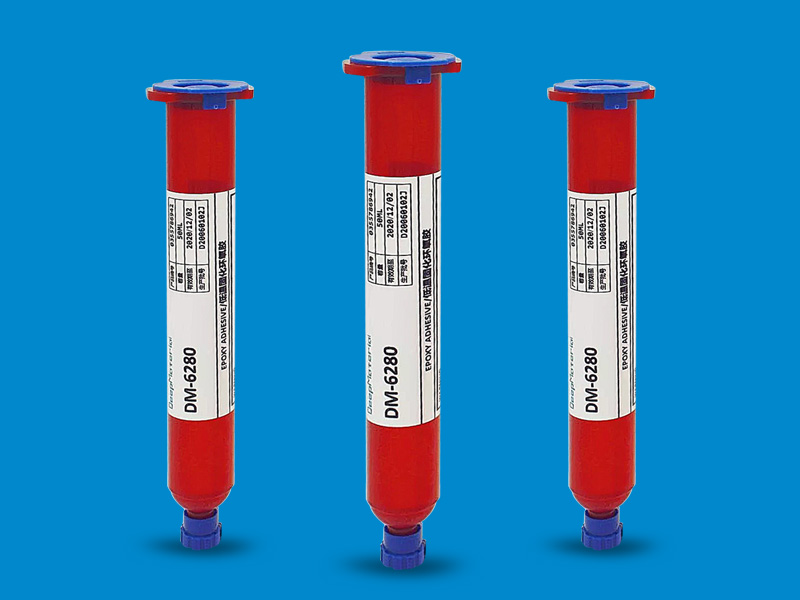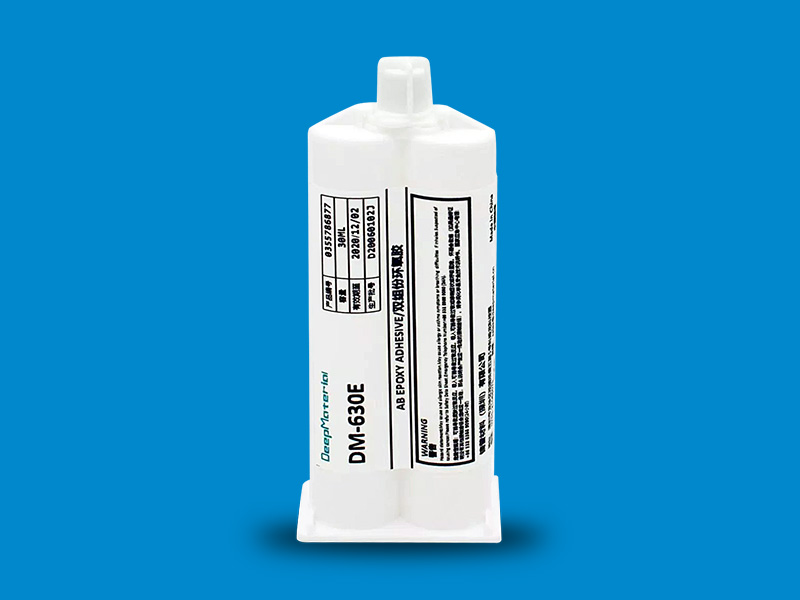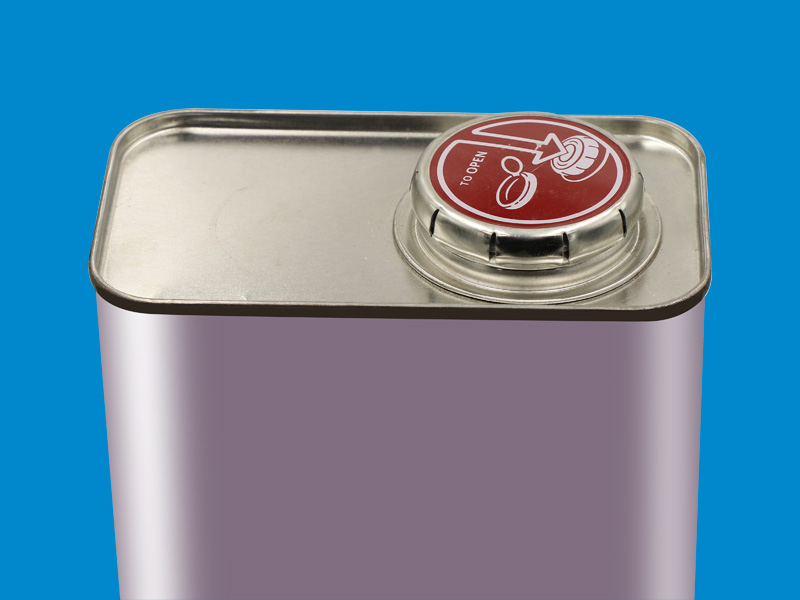The Pros And Cons of the best Epoxy Adhesive Glue For Metal to Plastic Bonding
The Pros And Cons of the best Epoxy Adhesive Glue For Metal to Plastic Bonding
Selecting the right adhesive is crucial when it comes to bonding metal to plastic. One popular choice is epoxy adhesive glue, known for its strong and durable bond. However, like any product, it has its advantages and disadvantages that should be considered before use.
On the positive side, epoxy adhesive offers excellent adhesion to both metal and plastic surfaces, creating a reliable bond that can withstand various environmental conditions. It also provides high strength and resistance to chemicals and heat. However, it may have a longer curing time compared to other adhesives and can be more expensive.
In this blog post, we will explore the pros and cons of using the best epoxy adhesive glue for bonding metal to plastic.
Advantages of Using Epoxy Adhesive Glue
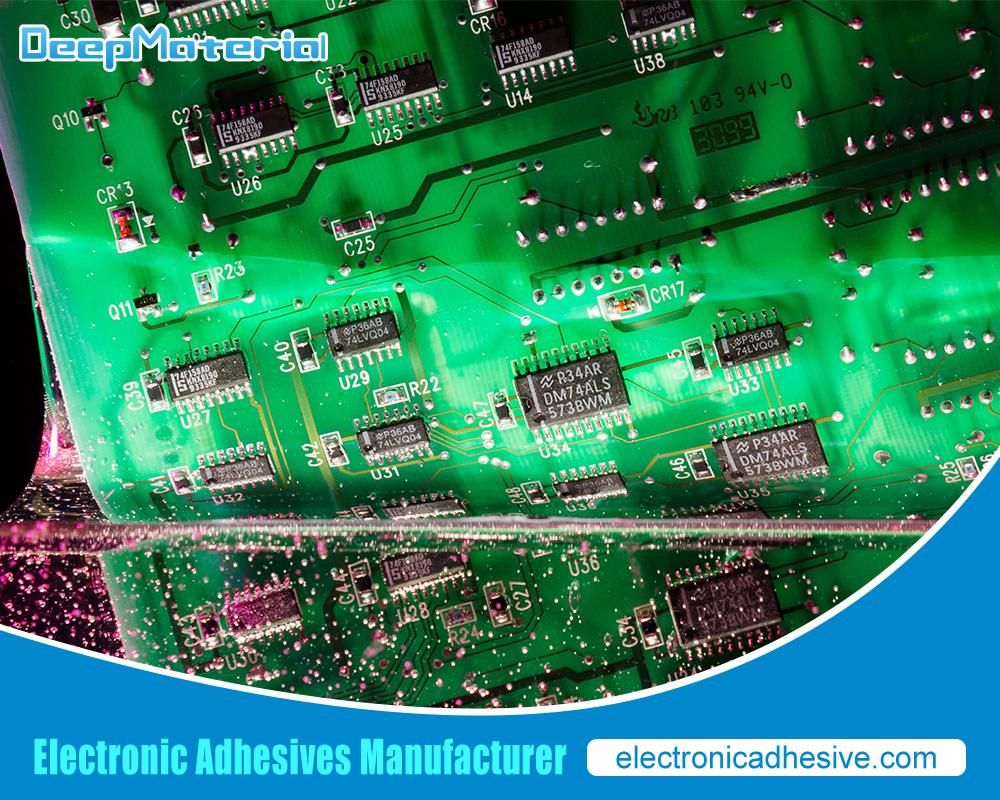
Superior Bond Strength
One of the main advantages of epoxy glue is its superior bond strength. It creates strong and durable bonds that can withstand high loads and stresses, making it ideal for applications where a reliable and long-lasting bond is essential. The exceptional bond strength ensures that materials remain securely attached even under challenging conditions.
Versatility in Bonding Materials
Epoxy glue is highly versatile and can bond a wide range of materials, including metals, plastics, ceramics, wood, and composites. This makes it suitable for various applications across different industries, providing a flexible bonding solution for diverse material combinations. Whether bonding similar or different materials, epoxy adhesive offers compatibility with a broad spectrum of substrates.
Chemical and Environmental Resistance
Epoxy adhesive exhibits excellent resistance to chemicals, moisture, solvents, and environmental factors. This resistance makes it suitable for applications where the bonded materials may be exposed to harsh conditions or corrosive substances. The chemical and environmental resistance ensures that the bond remains intact and reliable, even in challenging environments.
High Temperature Resistance
Epoxy adhesive is known for its ability to withstand high temperatures, making it suitable for applications where heat is a concern. The glue’s ability to resist heat without compromising bond strength ensures that materials remain secure and stable even in high-temperature environments. This high-temperature resistance expands the range of applications where epoxy adhesive glue can be used effectively.
Excellent Adhesive Properties
Epoxy adhesive offers excellent adhesive properties, including good gap-filling capabilities, high viscosity for vertical applications, and the ability to bond porous and non-porous materials. These properties make the glue easy to work with and ensure a strong bond between materials with varying surface characteristics. The versatility and reliability of its adhesive properties contribute to its widespread use in bonding applications.
Disadvantages of Using Epoxy Adhesive Glue for Metal to Plastic Bonding
Limited Flexibility
Epoxy adhesive glue is known for creating rigid and inflexible bonds, which can be a disadvantage for metal-to-plastic bonding applications that require some flexibility. The rigid bond can be prone to cracking or breaking under stress, especially if the plastic component is subject to movement or deformation. This lack of flexibility can limit the use of epoxy adhesive glue in certain applications.
Slow Curing Time
Epoxy glue requires a long curing time, which can be a disadvantage for applications that need a fast bonding solution. The slow curing time can delay production processes and increase overall project costs. Additionally, the slow curing time can make it challenging to handle the bonded components until the adhesive has fully cured, which can be inconvenient for certain applications.
Complex Mixing Process
This glue requires a complex mixing process, which can be a disadvantage for applications where simplicity and ease of use are important. The process involves combining the resin and hardener components in the correct ratio, which can be challenging for some users. Incorrect mixing can result in weak or ineffective bonds, compromising the reliability of the bonded components.
Sensitive to Moisture and Humidity
This glue is sensitive to moisture and humidity, which can affect its bonding properties and reduce its effectiveness. Exposure to moisture or humidity during the curing process can weaken the bond and reduce its strength, which can be a disadvantage for metal-to-plastic bonding applications where the bonded components may be exposed to these conditions. Additionally, this sensitivity can make it difficult to use epoxy adhesive glue in outdoor or high-humidity environments.
Health and Safety Concerns
Epoxy adhesive can contain harmful chemicals, such as bisphenol A (BPA) and epichlorohydrin, which can be toxic if ingested or inhaled. Additionally, the mixing process can generate harmful fumes, which can be hazardous to the user’s health. Proper ventilation and protective equipment, such as gloves and masks, are necessary when using epoxy adhesive glue to ensure safety and reduce the risk of health hazards.
Comparison of Epoxy Adhesive Glue for Metal to Plastic Bonding with Other Bonding Methods
When comparing epoxy glue for metal to plastic bonding with other methods such as welding, soldering, and different adhesives, several factors come into play. Epoxy adhesive glue has unique advantages and disadvantages.
Strength and Durability
Epoxy adhesive creates a strong and durable bond suitable for many metal to plastic applications, although it generally does not match the extreme strength of welding or brazing. However, for many uses, the bond strength provided by epoxy is more than adequate.
Ease of Use and Flexibility
Epoxy glue is noted for its ease of use and flexibility. Unlike welding or brazing, which require special equipment and skills, epoxy can be applied with minimal training. It also offers greater flexibility in bonding different types of materials together, which is often a limitation with more rigid methods like welding.
Cost and Accessibility
Generally, epoxy adhesive is more cost-effective and accessible than methods requiring specialized equipment like welding or brazing. For many DIYers and professionals without access to advanced tools, epoxy provides a practical solution.
Environmental Considerations
Epoxy glue is beneficial in terms of environmental resistance. It can withstand exposure to moisture, chemicals, and corrosion, making it suitable for applications where the bonded materials face harsh environmental conditions.
Application Specifics
Each bonding method is suited to specific applications. While welding and brazing are better for high-temperature environments, epoxy adhesive glue is more versatile for a variety of bonding needs. It is essential to understand the particular requirements of your project to choose the most appropriate method.

Final Thoughts
In conclusion, the best epoxy glue for bonding metal to plastic has its strengths and weaknesses. On the positive side, it offers a strong, durable bond that can handle various environmental conditions and is versatile for use on different metals and plastics. It also provides excellent resistance to chemicals and moisture.
However, there are drawbacks. The curing time for epoxy can be long, which requires patience and precise handling during the bonding process. It may also cost more than other adhesive options. Ultimately, the decision to use epoxy adhesive glue for metal to plastic bonding will depend on the specific needs of your project and the trade-offs you are willing to consider.
For more about choosing the Pros And Cons of the best Epoxy Adhesive Glue For Metal to Plastic Bonding, you can pay a visit to DeepMaterial at https://www.electronicadhesive.com/ for more info.


